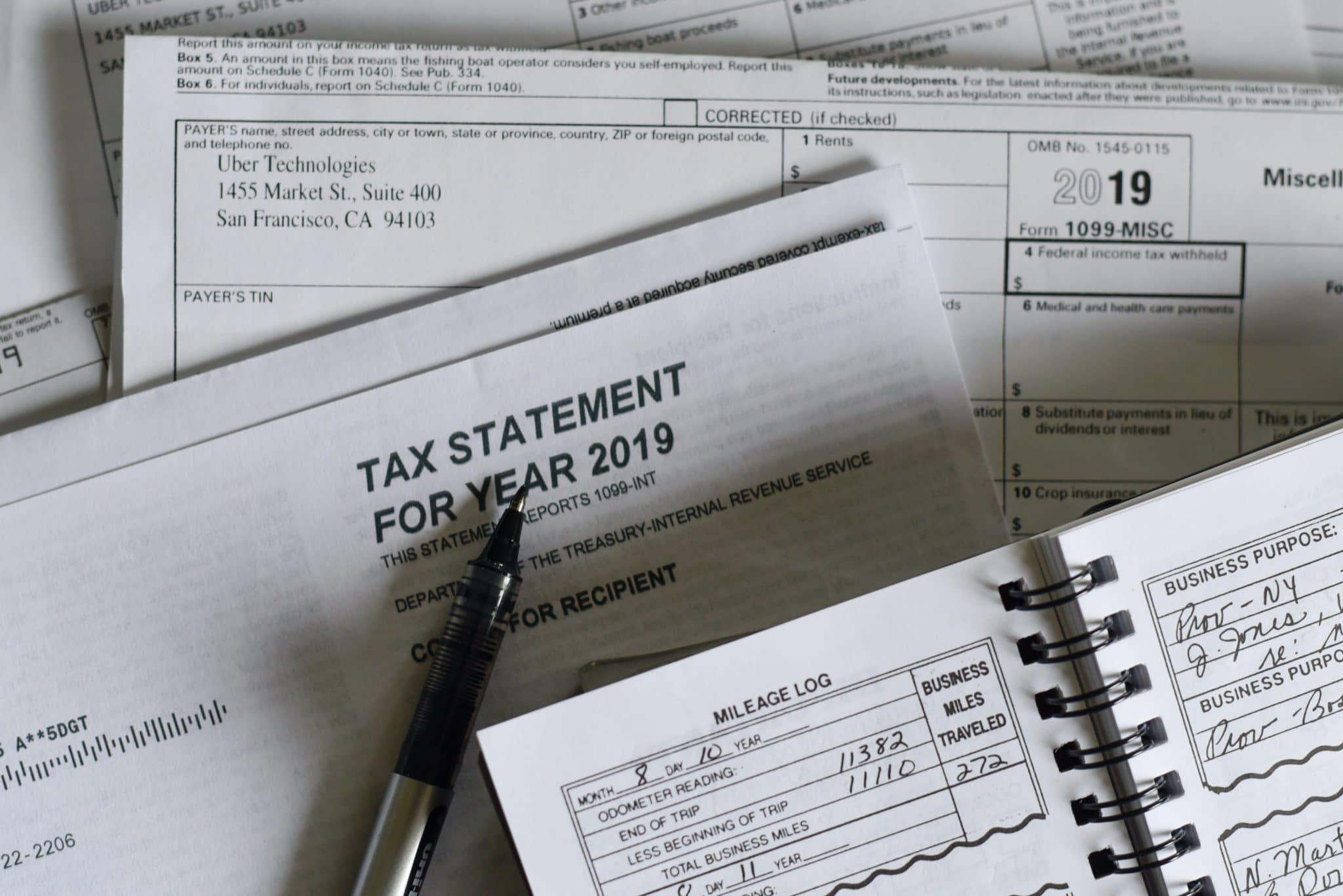The IRS taxes small business owners on their profits and losses, but many ways to save on taxes for small business owners. This article will discuss six different strategies that can help you reduce the amount of tax you owe.
1. Keep track of all your business-related expenses
Finding a way to keep track of your business-related expenses so that you don’t have to search for everything; it’s all in one place. Damon Becnel says, “The SBA has a great list of deductions that you can claim as well as how to report them on your taxes.”
There are apps like Expensify and Shoeboxed where you simply take pictures of receipts, upload those pictures into the app, and then export all those expenses at tax time. This makes it quick and easy for small business owners to get all their expenses in one place.
While you’re at it, get rid of the clutter and keep your receipts for tax purposes until seven years after they are due or expired (whichever is later). This way, you won’t have a pile up on your desk so that come tax time, getting organized is quick and easy.
This will save you a lot of time and money in the long run. If you have to spend hours hunting for receipts or if it turns out that a receipt has expired, then you could end up losing some valuable deductions, which can add up quickly when filing your taxes each year.
2. Use the cash method for calculating taxes rather than the accrual method
The cash method of accounting is the simplest way for small business owners to calculate their taxable income.
You report only what you receive in a given period and keep track of expenses paid during that same period. The IRS will give you credit for all your payments within one year from the date they are made, even if you don’t pay them until later on down the road. This can help reduce paperwork because instead of having to file several returns throughout the year (which would be due every three months), reporting under this system takes place once per year when you are filing your tax return at the end-of-year or beginning January first through April fifteenth each new calendar year depending upon how it’s set up with your CPA.
One additional benefit of using the cash method is avoiding complex accounting methods like accrual, which typically results in higher taxes. This includes tracking expenses by month or quarter instead of paid at end-of-year filing time each year. Tracking your income and expenses this way requires more work than simply keeping track of them daily (using apps or spreadsheets), as it’s not cut and dry for small business owners to determine how many days have passed between receiving payment from customers and paying employees.
3. Claim deductions for what you spend on your business – including office supplies and internet service
You can deduct the business-related portion of many expenditures you make regularly. Even if it’s not directly related to your business, as long as it is ordinary and necessary for running your company, then you have every right to claim these deductions.
This includes:
- office supplies like pens, paperclips, or even bottled water that you provide for clients or employees at meetings
- any equipment used in delivering services or products (including software subscriptions)
- Utilities such as internet service are needed to complete work remotely; cell phone bills because they are required by most businesses nowadays no matter where their customers may be located across the country, etc.
- Travel expenses include parking fees when driving into town, etc., mileage incurred while traveling to conduct business or have business meetings, etc.
4. Consider hiring an accountant who can help you take full advantage of all available deductions
Even if you’ve never worked with a CPA in the past, they can help guide you through this process and answer any tax-related questions that may arise so that everything is done legally and by the book. This will save you time come tax season and ensure all of your deductions are taken care of properly according to current IRS guidelines.
Oftentimes these professionals work on an hourly basis or charge flat rates for their services depending upon how many hours it takes them to complete one task (depending upon its complexity). While this might seem like more money out of pocket at first, hiring such qualified individuals who know exactly what they’re doing when it comes to filing taxes means fewer headaches down the road. This isn’t just during tax season but also throughout the entirety of your company’s lifespan.
5. Make sure to file a Schedule C form with your annual income tax return if you are self-employed or have an unincorporated side hustle
This is a necessary task that must be completed whether you use the cash method or another accounting system for tracking your income and expenses.
That way, you can claim all of your available business-related deductions and any personal ones related to things like child care, etc. The more money saved now means less tax liability later on, which will ultimately reduce what you owe Uncle Sam come April 15th each year!
To make claiming these credits easier, hire an experienced CPA who knows exactly how this process works so they can help guide you through it from beginning to end without missing any details along the way. This saves time down the road when preparing documents for filing because everything has already been done correctly according to current IRS regulations – making it much easier to file your taxes.
6. Save receipts from every purchase so they can be used as proof in case of an audit
Even if you don’t think the IRS will ever ask to see them, it’s still a good idea to save all of your receipts during tax season.
That way, even if they are not needed for filing purposes, at least you’ve kept track of every transaction that occurred throughout the year because everything has been well documented and saved accordingly. It also makes it much easier to determine which deductions apply and which do not so there is no need to keep guessing as long as proof exists that such expenses were made.
Whenever possible, avoid making cash purchases, especially under $600, just because these transactions cannot be tracked later without proper documentation (and may even be more difficult to prove depending on the individual case in question). This is especially important if you make many purchases throughout the year for things like tools, cars or equipment, etc., which can all add up quickly and result in major deductions when filing your taxes.
The six tips provided in this blog post will help you save on taxes for your small business. By following these easy steps, you can save a lot of money when it comes to filing your taxes and will feel more confident about the process in general.

















0 Comments